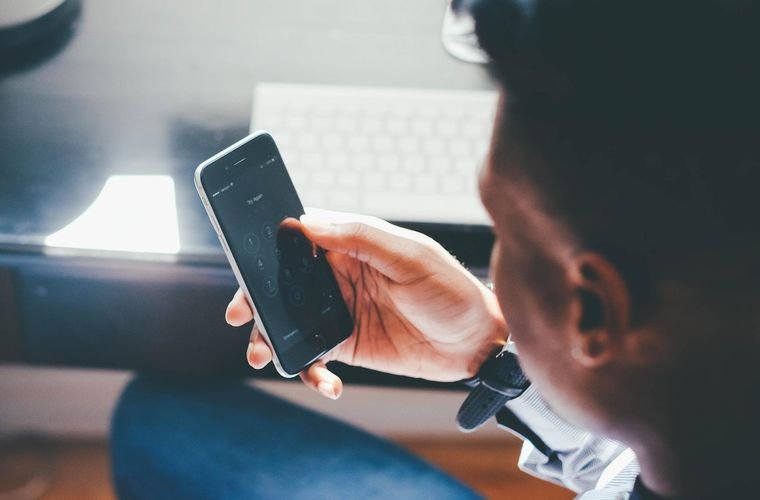Smartphone usage has increased significantly in the years since the beginning of the COVID-19 pandemic. One study found that a majority of participants reported an increase in phone screen time, with 42% using their smartphone for more than six hours a day.
The data could point to alarming possibilities, as many experts warn that increased use of digital devices like smartphones can manifest in what some call “digital dementia.” Conversely, other recent research may have found some benefits to smartphone use, as a team from University College London has said they found strong links between smartphone use and improved memory function.
Background: What is Digital Dementia?
“Digital dementia” is a term coined by neuroscientist Manfred Spritzer, who used the phrase to describe a decline in cognitive abilities due to an overuse of digital technology. Spritzer postulated that using the technology would cause a breakdown in the short-term memory pathways. In an extreme hypothetical example, this could happen if someone forgot how to write a letter because they have only sent emails on their phone.
While digital dementia has yet to be statistically linked to using these devices, on the brighter side, more recent research is suggesting that precisely the opposite could be occurring.
Analysis: Smartphones are External Memory
Researchers at University College London wanted to see if using smartphone devices could improve memory. To test this, 158 volunteers between the ages of 18 to 71 were asked to complete a memory task on a digital tablet. The task was rather simple, participants were shown up to 12 numbered circles on the screen, and asked to slice them either to the left or right. The correct number of sorted circles helped determine what they got paid at the end of the experiment.
One side of the screen was the “high value” side, where a circle could be worth 10x of those dragged to the other side. Participants were asked to perform this task 16 times. For half of the tasks, they had to use their own memory to remember the circles’ values and in the other half of the trials, they could set value reminders on the device.
From their tests, the researchers found that when participants used value reminders for the circles, their memory for the high-value circles improved by 18%, and 27% for the low-value circles. According to lead researcher and senior author Dr. Sam Gilbert in an interview with the Debrief, “It was surprising how much variation there is between different people. Some people set a lot of reminders and some people hardly use them at all. We understand some of the factors vary between individuals, but it’s still a bit of a mystery why there is so much variation.”
Outlook: Costs for External Memory
Not only was there variation in the data, but the researchers found a potential cost to using the device as an external memory. When the reminders were taken away, participants only remembered the low-value circles, as they used the device to store the high-value information. “The amount of information we can store in our short-term memory is very limited,” explained Gilbert.
“So, if we offload some of this information into a device like a smartphone, we can use our own memory to store additional information. But there is a potential cost: if we lose our phone or the battery dies, we can lose important information.”
In other words, while smartphones may help improve memory, they do come with physical limits. That’s why Gilbert advises that “It’s important to make backups.”
Kenna Hughes-Castleberry is a staff writer at the Debrief and the Science Communicator at JILA (a partnership between the University of Colorado Boulder and NIST). Her writing beats include deep tech, the metaverse, and quantum technology. You can find more of her work at her website: https://kennacastleberry.com/

